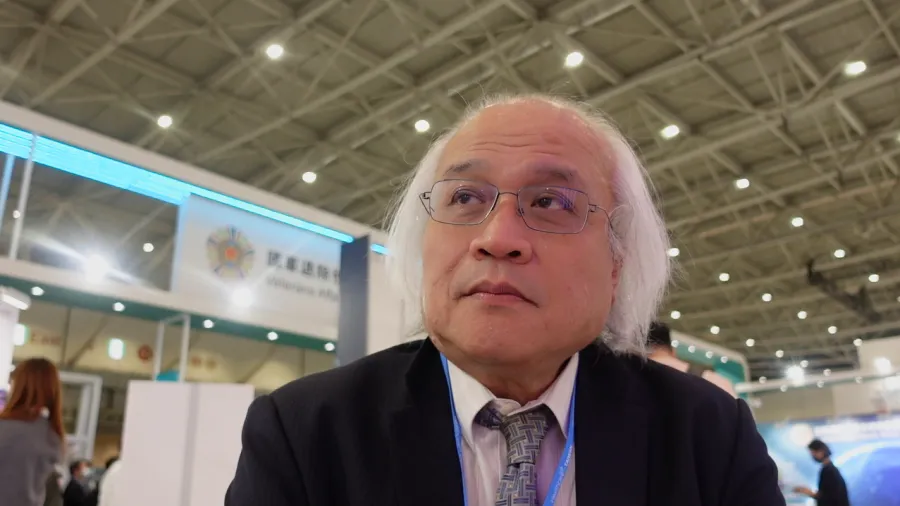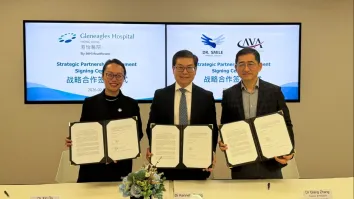
New government hospital offers advanced services for underserved Pingtung patients
Pingtung Veterans General Hospital deployed AI whilst saving travel time for patients and medical staff.
In the heart of Pingtung, Taiwan, a new government hospital rises to bring transformative development and healthcare resolution for 180,000 people living in the region. Opening its doors in November 2022, it became an instant answer to a longstanding woe: difficult access to medical services, particularly in treating major trauma cases or cardiovascular diseases.
Before Pingtung Veterans General Hospital came into the picture, patients would need to travel to Kaohsiung to look for sufficient medical services. Kaohsiung is about 22.1 kilometres from Pingtung.
“The government said we need to have a brand new hospital that can deal with major trauma or cardiovascular disease in Ping Tung because patients may lose their life during the travel records patients with acute diseases may lose their lives during the travel,” Dr. Tony Wu, superintendent at Pingtung Veterans General Hospital, told Healthcare Asia at the Healthcare+ Expo in Nangang, Taiwan.
With this in mind, patients and medical staff of the medical facility can cut their travel time.
But the hospital does not stop there, Wu said they aim to upgrade their roster of medical services and become the main general hospital in Pingtung as they compete with other rural hospitals in the region.
Currently, the hospital has 230 beds and seeks to increase it by 220 beds. They also have an efficient team for cardiovascular treatments.
“We have a very good [cardiovascular treatment team] not only for medical purposes but also surgery,” said Dr. Wu.
Dr. Wu also noted that they are trying to build a kind of network that uses AI to decrease the workload of their team and avoid human error.
Competition in medical services
With its advanced services, Pingtung Veterans General Hospital is a tertiary referral centre and competes with three secondary referral centres in the Pingtung region. Each of the referral centres is about 10 minutes away.
“It means that [we] have to compete with those existing hospitals, not only for the medical staff, but also for the patients,” said Dr. Wu.
Patients in rural communities such as the elderly also prefer older and experienced doctors. Physicians in rural areas also have close relationships with these patients, which is a disadvantage for Pingtung Veterans General Hospital, which has a lot of younger doctors.
As it navigates its second year of operations, Pingtung Veterans General Hospital now has the goal to survive.
They will also try to grow not just for medical services but also for research and education, which will help train their staff.



















 Advertise
Advertise





